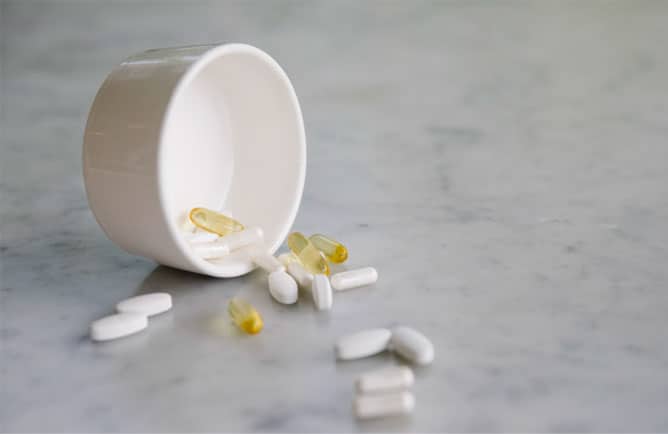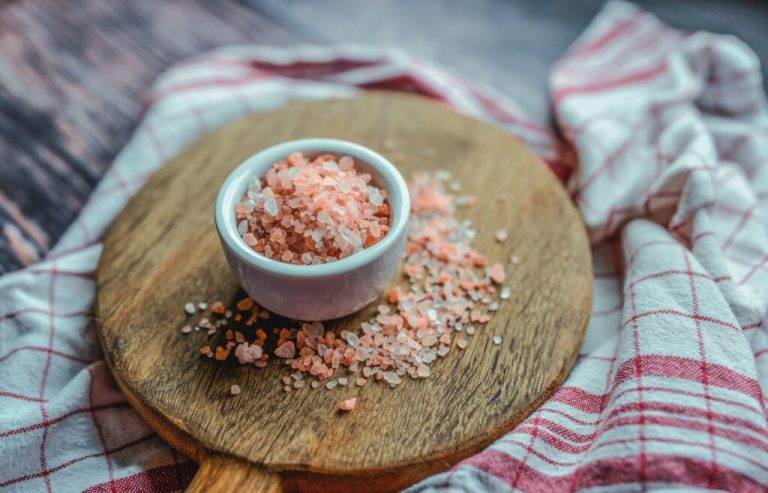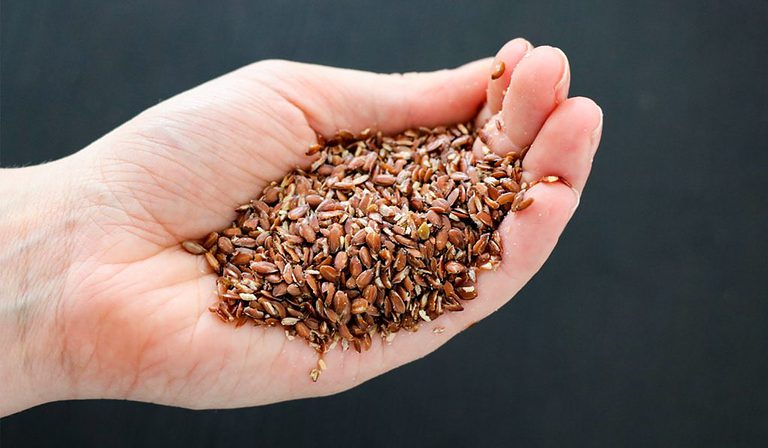Taking charge of your PCOS journey starts with your lifestyle! And the latest 2023 International Guideline for PCOS by leading doctors, researchers and health care providers around the world agree that every single person diagnosed with PCOS should receive diet and lifestyle advice. And who better than a university-qualified dietitian with an interest in PCOS?
Whether you’ve just been diagnosed or have been battling PCOS for years, dietary adjustments and the expertise of a dietitian can make a significant difference in enhancing your overall health and well-being.
In this article, you will discover how personalised dietary strategies and expert guidance from a dietitian who understands PCOS (beyond just a low GI diet), can help regulate your periods, improve your metabolic health to reduce your risk of heart disease and type 2 diabetes, and help say goodbye to that bothersome facial hair and acne too.
1. Beyond Weight: Managing Insulin Resistance and Lowering Diabetes Risk
Forget the misconception that PCOS is all about weight loss!
A well-designed diet, focusing on nutrient-dense foods, can significantly improve insulin sensitivity, lower the risk of gestational diabetes, and prevent the onset of type 2 diabetes.

Learning to eat the right amount of carbohydrates and choosing high quality carbohydrates rich in fibre and mostly unprocessed can help your body keep up with its metabolism of carbohydrates with insulin resistance. This can help support your energy levels, appetite management and weight but also can help with kickstarting more regular ovulation again.
Insulin resistance and the regularity of your cycle are tightly linked, so don’t overlook the importance of managing insulin resistance well! Not to mention the long-term impacts of making daily changes to your risk of developing diabetes in the future.
2. Mind Matters: Mental Health and Disordered Eating
PCOS often takes a toll on mental health, and disordered eating patterns may emerge. In fact, some of the statistics are jaw-dropping when it comes to rates of mental health concerns in those with PCOS.
- 36-40% of those with PCOS have depression (Hasan et al., 2022)
- 42% of those with PCOS have anxiety (Hasan et al., 2022)
- And up to 50% of those with PCOS in larger bodies have sub-clinical binge eating disorder (BED (Mohacsi & Szeman, 2016; Krug, Giles & Paganini, 2019)

Undeniably, mental health concerns need a collaborative approach from medical professionals like a GP and psychiatrist and also a psychologist. However, more and more research is mounting about the significant impact diet quality can have on mental health, most notably the SMILES trial which implemented a Mediterranean style diet which showed to be more effective for depression management than a social support group (Jacka et al., 2017).
A supportive PCOS dietitian can help you foster a positive relationship with your body and food, navigate any food-related fears (most commonly, carbs & foods containing sugar due to fear-mongering online) and also implement strategies to support your mental health through food too!
3. Gut Health and Inflammation: Finding Relief through Nutrition
The connection between PCOS and gut health is starting to emerge in the science, and safe to say it’s certainly a new possible frontier for understanding PCOS and also for its management (Yurtdas & Akdevelioglu, 2020; He & Li, 2020; Giampaolino et al., 2021).
Diet and lifestyle have the largest influence on the types of microbes that live in our bowels. Boosting the different types of plant foods in your diet like wholegrains, fruits & vegetables, nuts & seeds, legumes and beans and even herbs and spices can help promote a more diverse gut microbione, linked to better health outcomes.

Probiotics may soon be a promising strategy to explore for PCOS, sadly, we don’t yet have enough research to provide highly specific research to be targeted in our approach (yet!), so it’s best to stick to dietary sources of probiotics like fermented yoghurt, kefir, kombucha, sauerkraut & kimchi.
Did you know that people with PCOS are more likely to be diagnosed with Irritable Bowel Syndrome (IBS)? Check out this article about PCOS & IBS and the potential links between the two conditions.
A PCOS dietitian, like us here at The Dietologist, can help build a way of eating that nourishes your gut microbiome as well as manage any gut upset you may be experiencing like bloating, constipation, diarrhoea, including irritable bowel syndrome (IBS).
4. Hormone Balancing: Managing Androgens and PCOS Symptoms
Excess androgens, like testosterone, are responsible for bothersome symptoms such as acne, hair growth, and hair loss in PCOS – which can really mess with your self-esteem and body image too. However, high androgens, are more than just skin and hair health, they can directly impact your ovaries and can directly influence ovulation and how regular your periods are!
So tackling androgens is more than just healthier skin & hair, although wouldn’t that be nice too? Taking a whole-of-person approach of focusing on insulin resistance and specific strategies to support lowering androgens like including cups of spearmint tea in your day may be one simple way you can help those pesky pimples and chin hairs (Grant, 2010).
Wondering how to lower your androgen levels naturally with PCOS? Read more here.
5. Correcting Nutrient Deficiencies: Building a Foundation of Health
Having deficiencies in vitamins and minerals is pretty common in women of reproductive age, especially nutrients like iron which we lose more of with menstruation. Sometimes people with PCOS can have much heavier flow periods due to delays in the cycle which can lead to a quick decline in iron, leaving you feeling fatigued, lacking in concentration and with a run-down immune system.
Being deficient in vitamin D is more common in those with PCOS, some studies showing as high as 85% (Lin & Wu, 2015) and may worsen insulin resistance (Salehpour et al., 2019).
And for those using metformin for insulin resistance management in PCOS, you may be at increased risk of B12 deficiency too! (Kim et al., 2019)

A PCOS dietitian can help you identify and address these deficiencies through personalised dietary plans and targeted supplementation, ensuring your body receives the essential nutrients to feel energetic and give your body the right building blocks to support your PCOS management goals!
6. Cycle Tracking and Fertility Optimisation
For those seeking fertility or cycle management support, a PCOS dietitian can provide invaluable guidance.
In fact, most people are surprised about how much you can learn from your dietitian about the phases of your menstrual cycle, how to track it in various ways and how you can leverage your diet and lifestyle to support a more regular ovulation & periods too, which are key to timing sexual intercourse for conception!

Pssstt… you can get some more hot tips about regulating your cycle with PCOS on our podcast, Fertility Friendly Food, from our resident PCOS dietitian, Candice Crellin APD, from The Dietologist team.
So, Do I Really Need A Dietitian For PCOS?
Well, hopefully you already know the answer to this is a resounding YES!
A dietitian with expertise and experience in PCOS is an essential and dare we say, compulsory member of your PCOS management team. And we are thrilled to see the latest 2023 guideline of PCOS is showing support for this!

So, whether you’re newly diagnosed, been diagnosed for some time and never considered it before, or perhaps you’ve seen another practitioner who’s just told you to “just lose weight”, it’s time for a fresh and modernised approach to PCOS nutrition that puts you at the centre of the conversation!
Are you ready to embrace a new path to PCOS management? Book a consultation with our expert PCOS dietitian today and unlock the full potential of nutrition in your journey to wellness!







